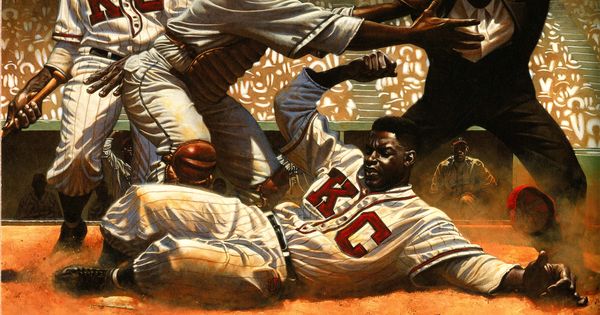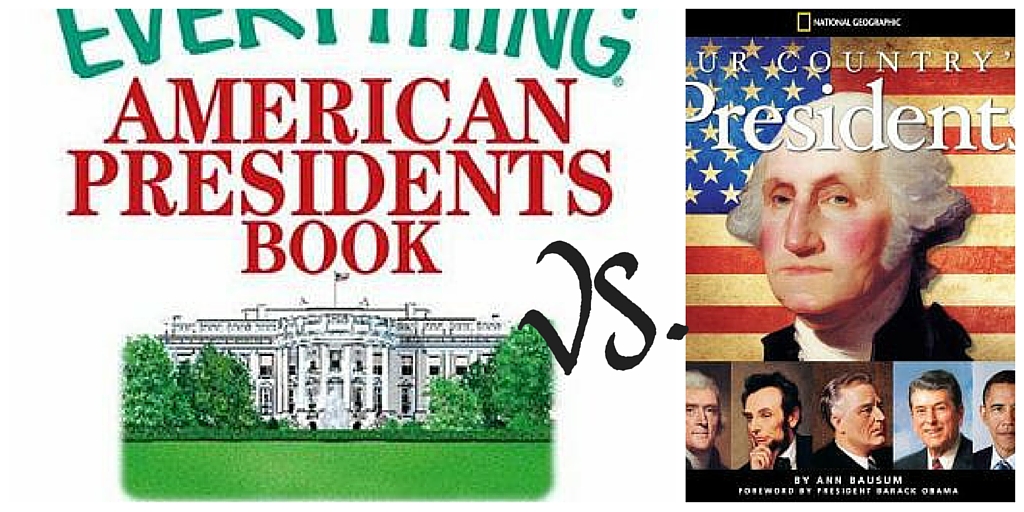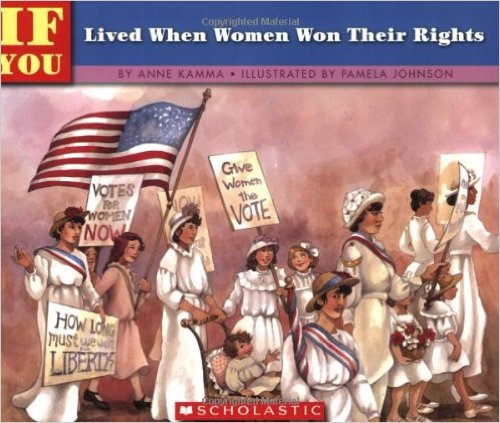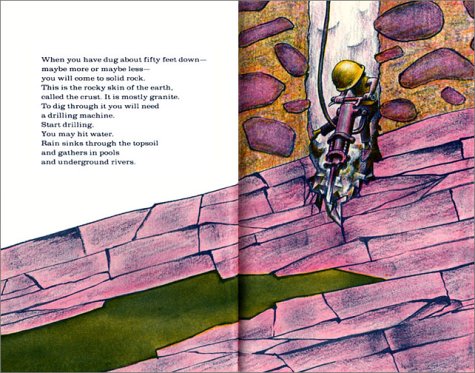A Book of Nine: We Are the Ship by Kadir Nelson
In We Are the Ship Nelson combines fabulous paintings with rich text full of voice for a truly interesting look at the Negro League of baseball. The paintings are gentle, respectful, full of love with absolutely amazing use of light. They make me want to linger, to walk right in and meet these famous players. And the informative text reads like a story with enthusiasm and lots of hints of voice. Colorful.
Each chapter is its own “inning” and baseball-dummy-me didn’t even guess that there would be nine chapters (for the nine innings of baseball). Clever and worked well for organization with only the slightest bit of redundancy.
Made me feel for the challenges of the Negro Leaguers and made me wonder if integrating the game wasn’t ultimately a negative thing. The players seemed to have it so much better when they weren’t under the thumb of the white managers. I do think integration helped equalize humanity (ok, maybe that’s overstating it), but I love the underdog. I love the stories of how the players outsmarted and beat the white teams, how they heard “you can’t play with us” so they went and formed their own leagues and played better. Integration seemed to steal something—independence, dignity perhaps? And it stole opportunity from a younger generation of players who now have to fight harder for fewer opportunities. Or maybe not. Either way, Nelson captures a slice of American history beautifully.
ETA: I've been thinking more about this review and I want to state something clearly: segregation is bad (got it?). But I still don't like how society/culture "solved" this problem. As a writer I'm all for rewriting history, but only if I can actually change it, you know? So here's what I'd do: The Negro League plays so well and gains so much popularity that all other (i.e., white) teams go defunct. They then open the League up to all races (because they're awesome). Same outcome, so what's the difference? The power structure, because:
“Cultural equality is not just about representation. It is also about access and power.” --Jeff Chang












Seriously, An American Plague: The True and Terrifying Story of the Yellow Fever Epidemic of 1793 was entirely fascinating. Like brain porn or something. I love medical weirdness and plagues and boils and gross stuff. So this book had me from the title.